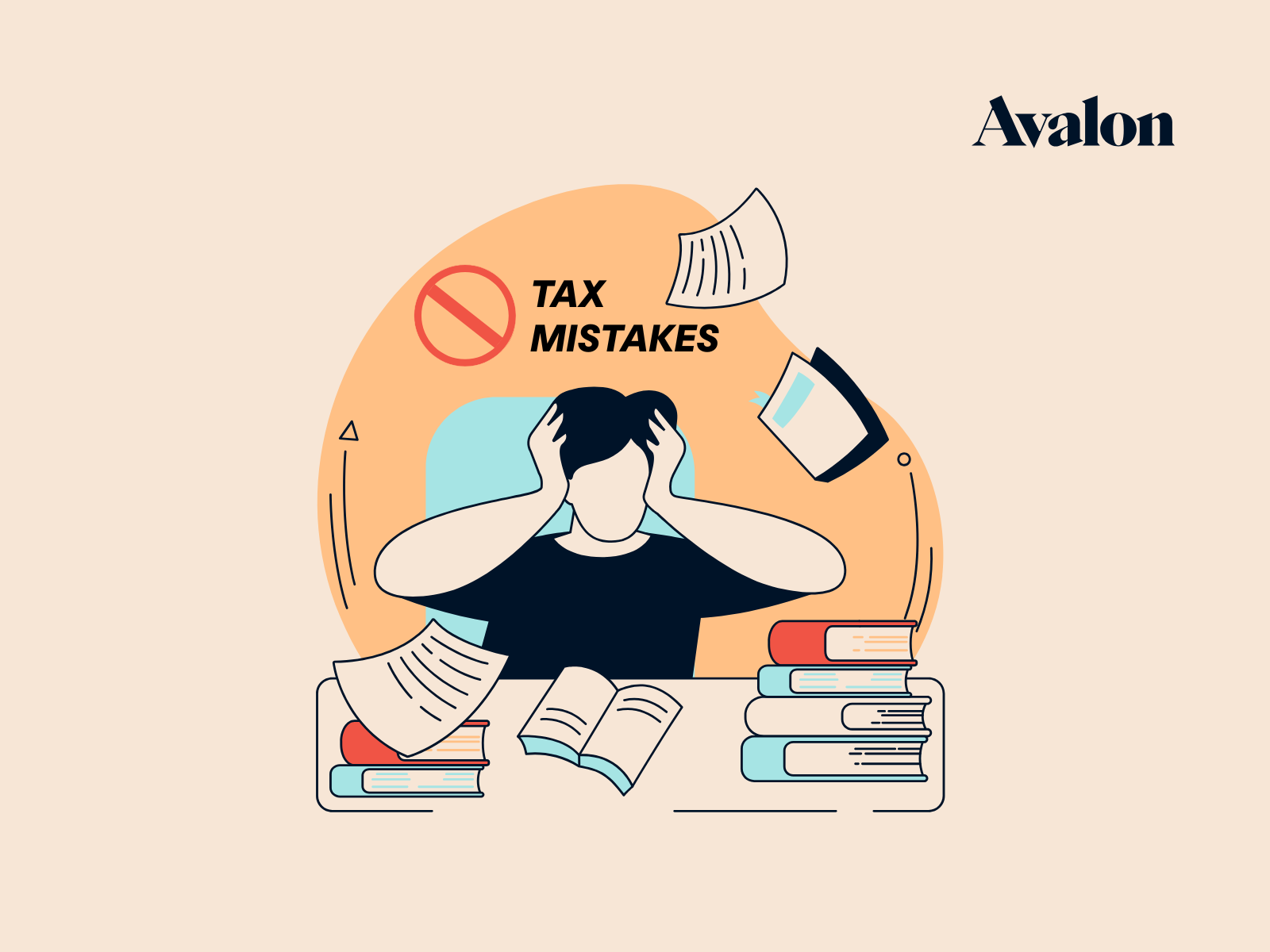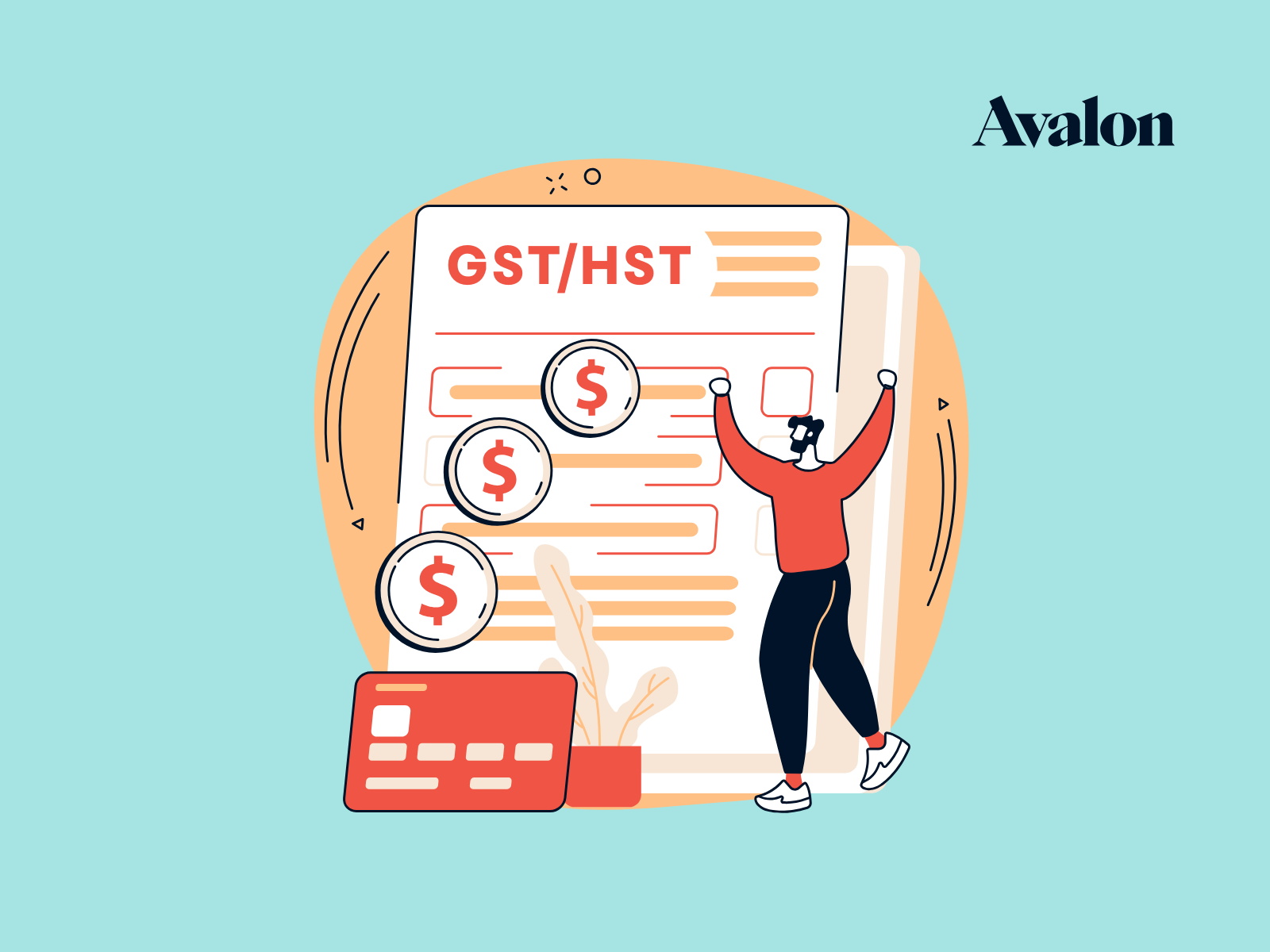This article explains what you can deduct for your company car as well as how to handle deductions for a personal vehicle that you use in your business.
You’ll also learn what vehicle expenses you can write off and how to stay on the good side of the CRA.
If you’d rather hear Joe explain, check out the video right here 👇
Business vs. Personal Use of a Vehicle
We’ll get into the good stuff around what you can deduct, but first, we need to cover some important topics that will help you figure out exactly how much you can deduct.
Let’s start by breaking down the difference between business use and personal use of a vehicle.
When you use a vehicle for your business, you can deduct the expenses related to the business portion.
However, if you’re also using that vehicle for personal reasons, things get a little more complicated.
Here are some examples of what counts as business use versus personal use:
- Business Use Is – Driving to a client meeting, picking up supplies for your business, or heading to a job site.
- Personal Use Is – Driving to and from your home, running errands, or using the vehicle on weekends for personal trips.
- Business Use Is Not - One important thing to note is that the Canada Revenue Agency considers commuting to your office or place of work as personal use, even if you’re using a company vehicle.
CRA Rules for Tracking and Documentation for Vehicle Expenses
One more important topic to quickly cover before we get to what you can deduct.
What are the Canada Revenue Agency’s requirements when it comes to documenting vehicle expenses?
Here’s what the CRA expects:
- Receipts – For every business-related vehicle expense, you’ll need to keep receipts. This includes fuel, maintenance, insurance, parking, and any other deductible costs. Be sure to save all receipts, either physically or digitally, in case you need to provide proof during an audit.
- Mileage Log – The CRA also requires that you maintain a logbook to track the kilometers you drive for business. Your logbook should include:some text
- The date of each trip
- The destination
- The reason for the trip
- The number of kilometers driven for business purposes
This log is crucial for calculating the business-use percentage of your vehicle, which determines how much of your expenses you can deduct.
To make life easier, there are mileage tracking apps like MileIQ and TripLog that automatically track your trips and categorize them as business or personal. These apps can save you time and ensure you have an accurate log ready for tax season.
By following the CRA’s rules and keeping thorough records, you’ll be in good shape to claim your deductions and avoid any issues if the CRA asks for supporting documents.
What Expenses Can You Deduct for a Company Car?
Onto the more interesting stuff. Let’s look at what vehicle expenses you can actually deduct for your business.
Here are some common expenses that you can claim:
- Fuel or Electricity – Costs relating to gas or electricity used to operate the vehicle.
- Insurance – The insurance you pay for the vehicle.
- Maintenance – Repairs, oil changes, and other upkeep.
- Lease payments – If you’re leasing the vehicle, you can deduct part of your monthly lease payments.
- Depreciation – If the vehicle is owned, you can claim depreciation over time instead of lease payments. (more on this below)
- Finance costs – If you financed the purchase of the vehicle, the interest on the loan can be deducted.
As usual, only the business portion of these costs can be claimed.
So, if you’re using the vehicle for both business and personal reasons, you’ll need to figure out what percentage of the vehicle’s use is for business.
For example, let’s say you drove 20,000 kilometers in a year, and 15,000 of those were for business. You would calculate:
15,000 ÷ 20,000 = 0.75, or 75% business use.
Now, apply that percentage to your expenses.
If you spent $5,000 on fuel, you can deduct 75% of that, or $3,750.
This way you’re only deducting expenses that relate to the business use of the vehicle.
Vehicle Depreciation for Businesses: Understanding Capital Cost Allowance (CCA)
Next up let’s look at claiming depreciation of your vehicle.
When you buy a vehicle for your business, you can’t deduct the full cost right away. Instead, you can claim depreciation over time using something called the Capital Cost Allowance, or CCA.
This helps spread the deduction over the vehicle's useful life, making it easier to manage from a tax perspective.
The CRA has set limits for how much you can deduct. For most vehicles, the cost you can depreciate is capped at $37,000, plus sales tax.
If your vehicle costs more than this, you’ll only be able to claim CCA on the first $37,000.
Here’s how CCA on your vehicle works:
- The vehicle is placed in CCA Class 10 or Class 10.1 for tax purposes, depending on its cost.
- Each year, you can claim 30% of the undepreciated value of the vehicle. This is known as the declining balance method, meaning you claim less of a deduction each year as the vehicle's value decreases.
- For zero-emission vehicles, you may be eligible for a larger deduction in the year you purchase the vehicle, which is a big tax incentive for going green. You can learn more about depreciation of Zero Emission vehicles here.
Using a Personal Vehicle for Business: What Can You Deduct?
What about if you use a personal vehicle in your business?
This is a very common scenario. Business owners often use their personal vehicle for business duties such as deliveries, client visits or other business travel.
In this situation you can still claim certain expenses, but again only expenses that relate to the business-use of the vehicle.
Deductions for business use of personal vehicles include:
- Fuel or Electricity – Costs relating to gas or electricity used to operate the vehicle.
- Maintenance and repairs – Costs for oil changes, tire rotations, and other upkeep needed for business use.
- Insurance – A portion of your vehicle’s insurance premium that relates to business driving.
- Depreciation – If your personal vehicle is also used for business, you can claim a portion of the depreciation.
- Interest on vehicle loans – If your vehicle is financed, a portion of the interest can be deducted.
- Lease payments – If you’re leasing your personal vehicle, you can deduct the portion of lease payments related to business use.
Just like with a company car, you can only deduct the business-use portion of these expenses. This is where tracking your kilometers becomes really important.
For example, if you drove 10,000 kilometers in total and 4,000 of those were for business, then 40% of your vehicle expenses can be deducted.
Parking Expenses: When Are They Deductible?
After reading that you might be wondering about parking costs.
We get this question a lot, so I wanted to quickly cover the topic of parking expenses and when they are deductible.
Deductible Parking
As you probably guessed, parking expenses are deductible when they are incurred for business purposes.
This means you can claim the cost of parking when you're attending client meetings, visiting job sites, or any other activity directly related to your business operations.
Not Deductible Parking
However, parking expenses are not deductible when they’re for personal use. For example, parking at your office or regular place of business is not considered business use.
Parking at your home or when running personal errands is also considered personal use, even if you’re using a company car.
As always, keep track of your receipts, parking locations and reasons to ensure you're properly documenting the business-related parking expenses you want to deduct.
Key Takeaways
Alright, let’s wrap this up.
To maximize your tax deductions for company vehicles, remember these key takeaways:
- You can deduct vehicle expenses like fuel, insurance, maintenance, and more, but only for the business-use portion of the vehicle.
- If you’re using a personal vehicle for business, the same rules apply - you can claim a portion of the expenses based on the kilometers driven for business purposes.
- Keep detailed records, including receipts and a mileage log, to meet the CRA’s requirements. This will make it much easier to claim your deductions and avoid issues down the road.
If you want to make sure you’re getting every deduction possible, it’s a good idea to consult with an accountant.
And, if you haven’t noticed, helping educate business owners is part of our DNA. If you are looking for an accounting partner that will spend the time to make sure you understand the finances of your business so you can reach your business goals, reach out via our contact page to get started.












